
The drama of Brazilians impacted by climate change
You don't have to be a climate change expert to feel its impact and how it affects our day to day, the environment and the economy. This is everyone's cause.
play_circle_outlineWatch nowThe documentary film "Tomorrow has come - the drama of Brazilian people affected by climate change" states its business: showing that the impacts of climate change have already reached all Brazilians, whether in cities, in the countryside or the forest.
Nothing nor anyone can escape the impacts of climate change. People from all corners of Brazil, our cities and forests, our economy, our health and our dreams for the future. Six Brazilians, from five different states, tell how climate change has affected their lives. A young indigenous woman who became the leader of a volunteer fire brigade after an unprecedented forest fire; a small farmer who faced six years of drought; a centenarian caiçara community forced to move due to the advance of the sea; a retailer who saw his shop destroyed by rains and landslides that claimed hundreds of lives in Rio de Janeiro; an oyster farmer who suffered harsh losses due to rising sea temperatures; a woman from a coastal city who lost two cars to storm tides which are happening more and more often along the Brazilian coast.
The climate crisis will get worse.
The planet's temperature may rise by 1.5° C during the next 30 years, according to the Intergovernmental Panel on Climate Change (IPCC). One of the consequences of global warming is climate change. "If temperatures rise further, the impacts on the environment, the economy and the lives of our families will be devastating," said the best climate experts in Brazil interviewed for the documentary. To lessen these impacts, we need to stop deforestation.
Seven civil society organizations have joined forces to bring to light the stories of those affected by climate change. These are: Articulação dos Povos Indígenas do Brasil (Association of the Indigenous Peoples of Brazil), Article 19, Conectas Human Rights, Engajamundo, Greenpeace, the Alana Institute, and the Socio-environmental Institute (ISA). At their request, climate scientists have produced two new technical documents that point to the imminent of climate change to people and the planet: “Climate change, impacts and scenarios for the Amazon” and “Amazon needs an economy of the knowledge of nature”.
Climate change, however, cannot concern only scientists and other experts. It concerns everyone.
Climate change affects not only the environment - which would be serious enough already. It also changes the course of people's lives, and sometimes leaves behind scars. We have told six emblematic stories of Brazilians affected by these changes. Check out the photographic essays that tell each story below.
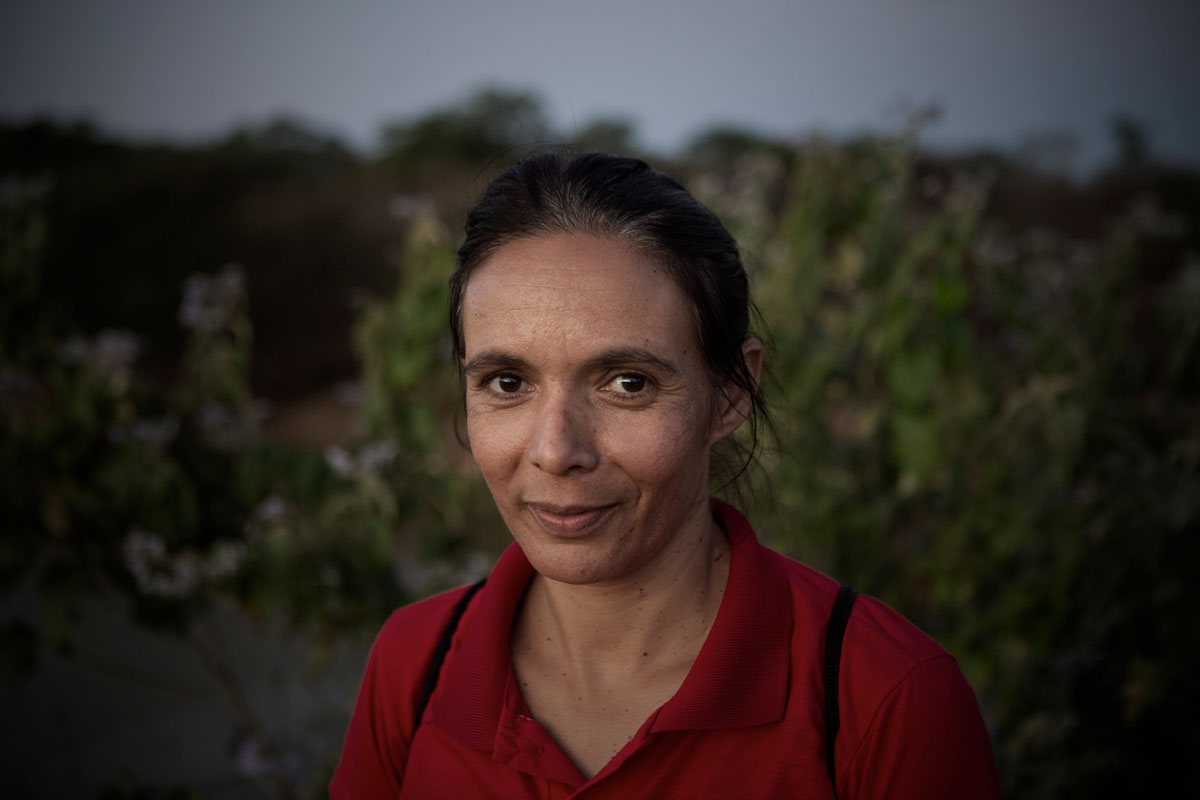 photo_library
photo_library
"It was the worst drought I've ever experienced. As much as droughts are common in the hinterland of the Brazilian northeast, we can usually endure for a year or so. A drought lasting six years is quite a different story. Our conditions make it impossible to prepare ourselves for this. We haven't died because my house has a water cistern which is supplied every two days by water tank trucks. The plants in my land did not resist. There was nothing to feed the animals, and no one wanted to take them, not even for free. I have seen many sheep die."
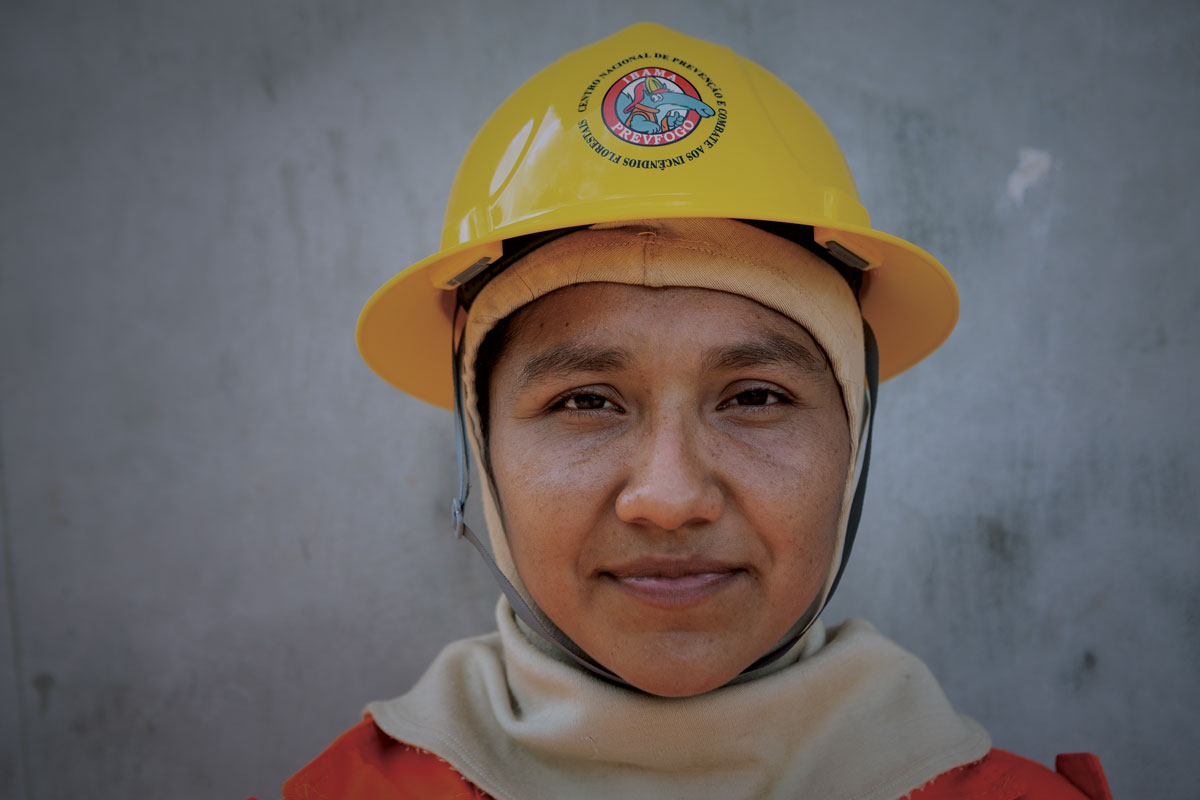 photo_library
photo_library
"A fire burned 60% of our land. As the rains subsided and the heat increased, the flames spread quickly. The community leaders decided to create a volunteer indigenous fire brigade to protect the community and our land. I was the only woman chosen to participate, and I became the chief of the fire brigade. Having little resources, we came to fight the flames in flip-flops. Sometimes we had to walk inside our land for days to reach some outbreaks of fire because we don’t have vehicles. I fear for our lives - I have a small daughter - but I'm even more afraid that she might not have a protected land to grow up in."
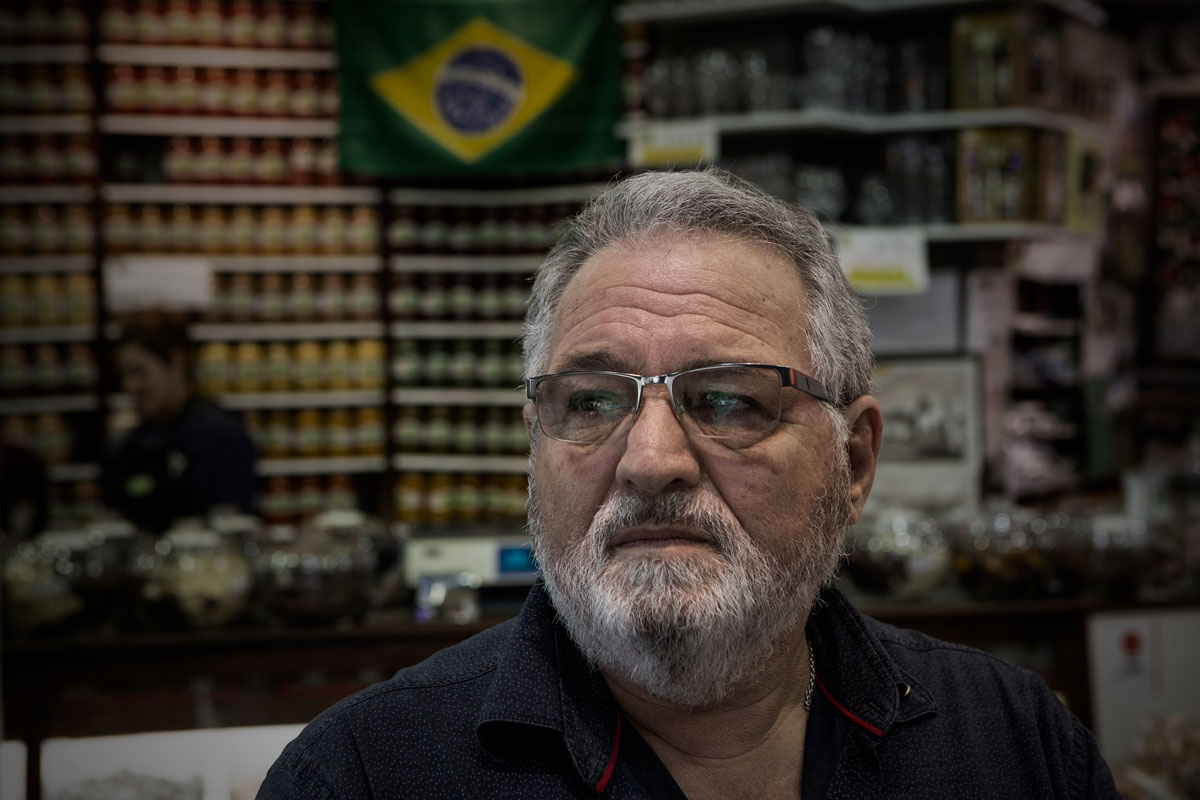 photo_library
photo_library
"An unprecedented storm changed life in Nova Friburgo in 2011. The winds were so strong I had the impression they would rip the roof off my house. It was like this for the whole night. I got a call from someone saying that the mud and the water had invaded my shop, located in the city's central square. The losses exceeded R$ 1 million. I asked for a loan to rebuild the business, which I'm still paying. I say my loss wasn't so big because I didn’t lose anyone in my family - the disaster caused more than 400 casualties in the city."
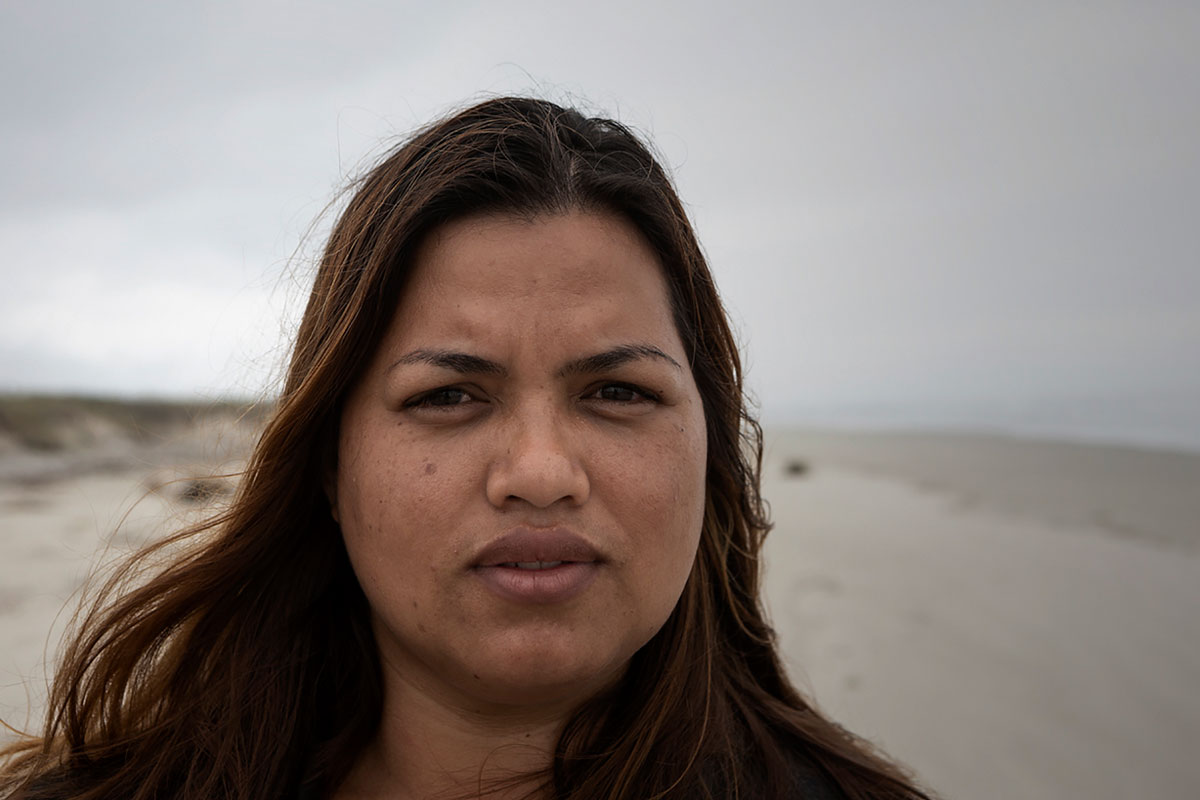 photo_library
photo_library
"We had to leave behind our homes in our old community, where my family has lived for 170 years, because the sea was going to swallow everything up. There we had the sea on one side and the river on the other. Between both, there was a large strip of good land. A terrible storm tide reduced the width of the strip of land between the sea and the channel that lay on both sides of our community to two and a half meters. We had to leave the area urgently. We left our homes, our community centers, and our stories behind. In 2018, the water divided the island in two. We are still rebuilding our memories."
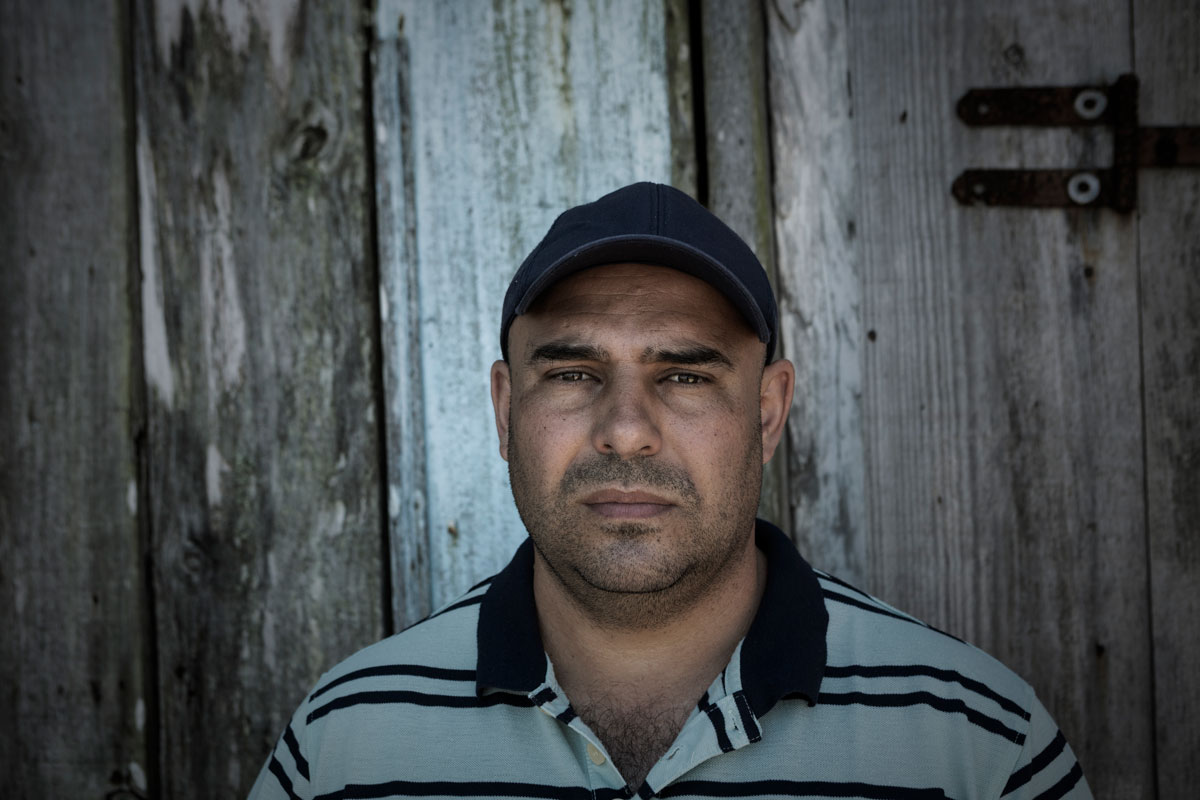 photo_library
photo_library
"My family has been working with oyster farming for 32 years. Until two years ago, we had never had to leave our vessel because of bad weather. Now it happens three times a year. Until the middle of 2005, there was a well-defined summer season. The south wind reduced the heat, and the north wind increased it. Between November and January, when it was warm, I used to fertilize the oysters. That does not happen anymore. In the last year, I've fertilized the oysters from February to May. Something is going on, and this wind doesn’t come now. As a result, the water does not cool down, and the oyster seeds die. If a farmer is not aware of this - and many aren't - the entire crop is lost."
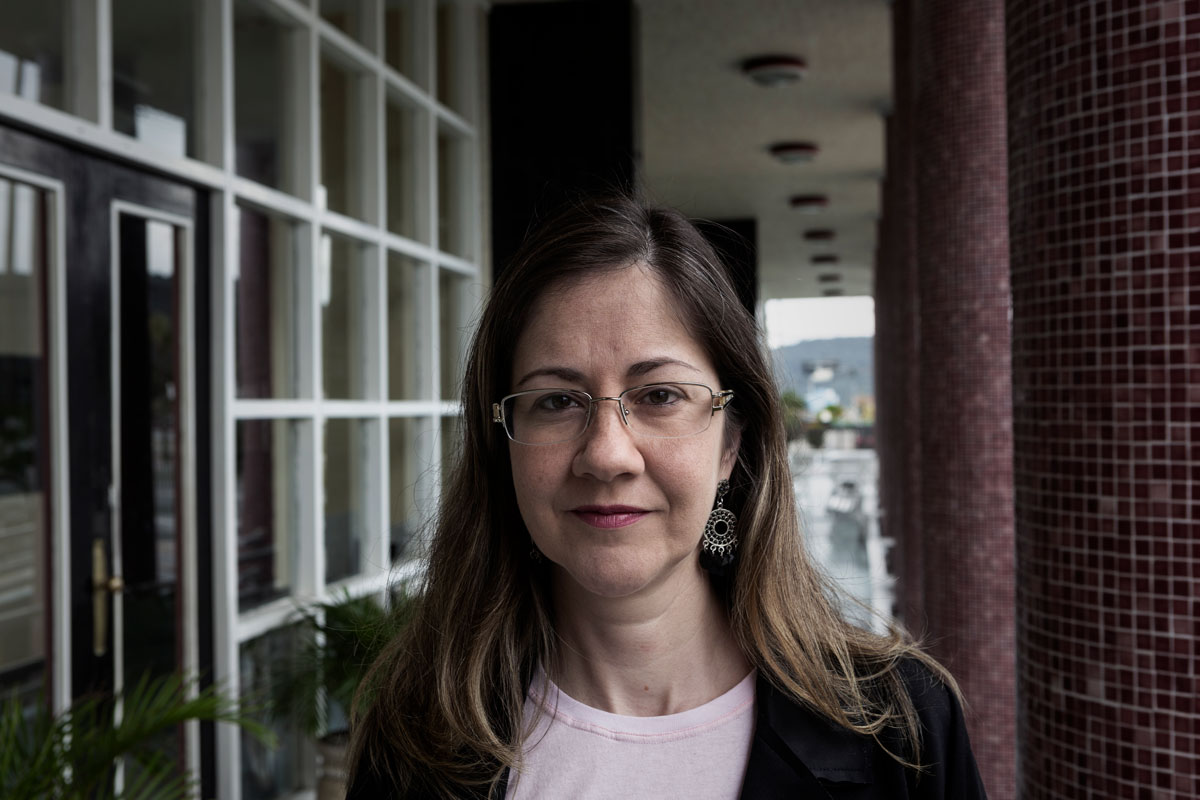 photo_library
photo_library
"I have lived on the beachfront for 20 years. During this time, I saw the storm tides getting increasingly stronger and more frequent. I remember, back in 2005, when the water flooded the garage of my building, and I tried to salvage my car. The lights were cut off; I could only smell the water and hear it flooding everything. Ten years later another, even stronger storm tide came. The water flooded the garage all over again and reached the building' front desk, breaking several glasses. I've lost a car each of these times. After the last storm tide, I decided I will not buy another car as long as I live there."
























































































































The documentary also includes two new studies by the experts Ricardo Abramovay (Professor of Economics at USP), Carlos Souza (researcher at Imazon) and José Marengo (climatologist at INPE). The documents show how deforestation, especially in the Amazon, aggravates the impacts of climate on agricultural production, water supply in the country, the emission of greenhouse gases and forest fires, among others, affecting even more Brazilians. Click to download:
picture_as_pdf“Climate change, impacts and scenarios for the Amazon”
picture_as_pdf“Amazon needs an economy of the knowledge of nature”






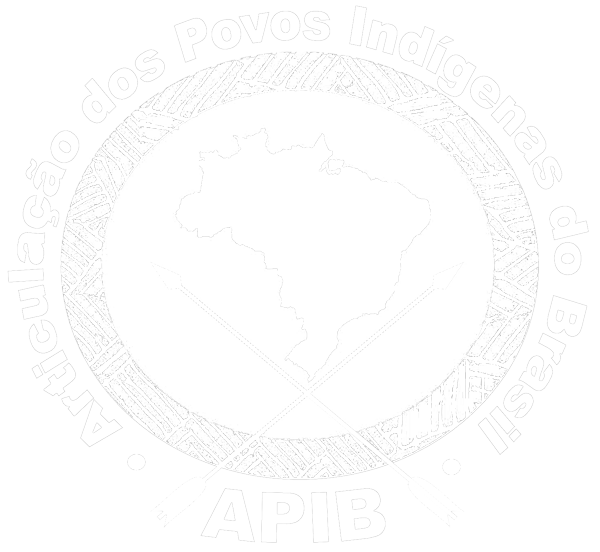
Presented by
Articulação dos Povos Indígenas do Brasil, Artigo 19, Conectas Direitos Humanos, Engajamundo, Greenpeace, Instituto Alana e Instituto Socioambiental
Stories by
Celiana Krikati, Gilberto Sader, Leonardo Cabral, Maria José Pereira da Rocha, Patrícia Amado e Tatiana Mendonça Cardoso
Coordination and executive producer
Thais Lazzeri
Audiovisual production

Production
Thais Lazzeri
Screenplay
Laura Toledo Dauden
Thais Lazzeri
Photography direction
Miguel Herrera
Photographic essay
Fernando Martinho
Original soundtrack
Estúdio Casa da Árvore
Supporting imagery
Coi Belluzzo, Fábio Nascimento, Giovanni Bello, Marcos Wesley - Instituto Socioambiental Bruno Morais - Arquivo ASA
Fernando Martinho
Greenpeace
Art direction

Multimedia design
Leandro Castro
Translation
Melissa Harkin and Thiago Macek Zahn
Institutional support
Instituto Clima e Sociedade (ICS)